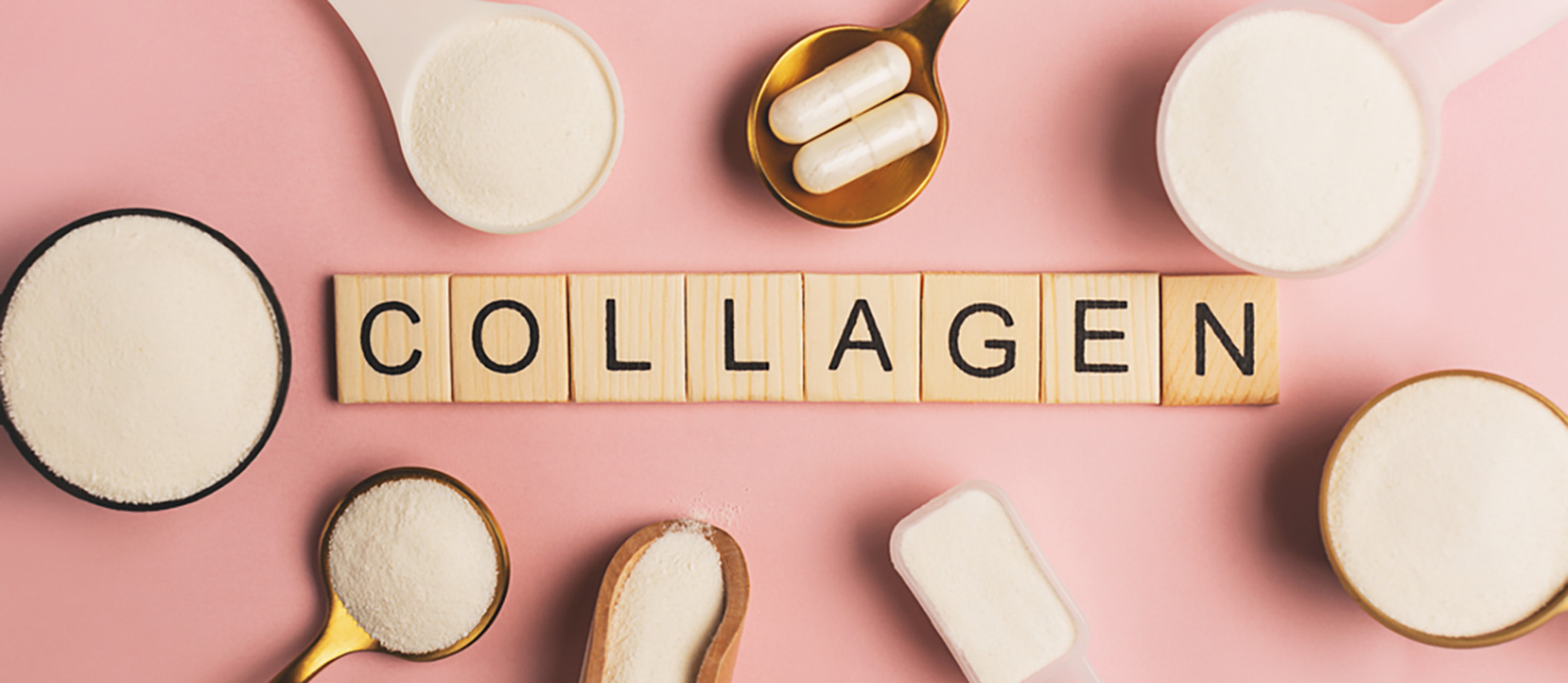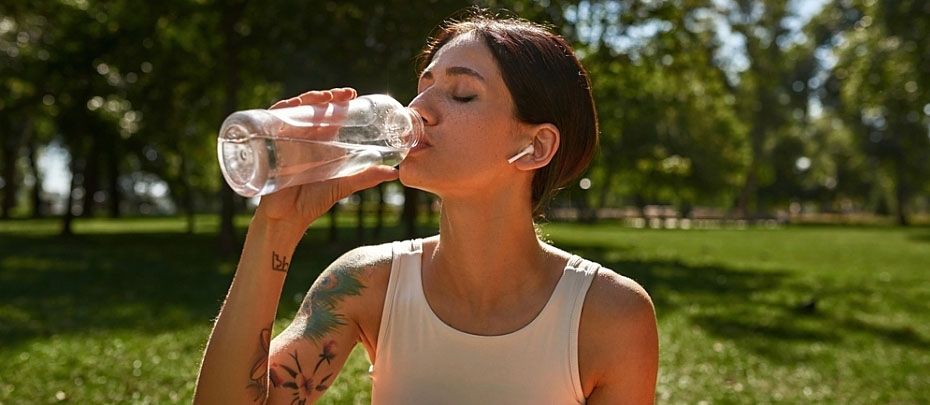2. Not Eating Enough Fruits and Veggies
In addition to providing plenty of essential nutrients, fruits and vegetables also make great hydrating snacks. Bananas and avocados are rich in potassium, and many fruits are good sources of simple carbohydrates that, in the right quantities, can help your body absorb fluids and use later. Most importantly, almost every item in these two food groups is packed with water.
Related: How Staying Hydrated Helps Your Body
Williams explains that about 20 percent of your daily fluid intake should come from food, and while that may seem like a lot, there are plenty of great options. Foods like cucumber and lettuce, which are more than 90 percent water, can be especially helpful.
A simple way to track and improve your family's produce intake is to make sure that at every meal at least half of the plate is filled with a combination of fruits and vegetables. Between meals, consider serving up orange slices, apples and bananas as healthy, hydrating snacks.
3. Drinking Eight Glasses of Water Per Day
This one might come as a surprise, and while eight glasses a day can be a good habit, it can also be misleading. "Drinking water throughout the day is great, but the problem with the rule is that it doesn't apply to everyone. Some people may need more," says Williams.
Because fluid needs can be affected by a number of factors including body size, activity levels, weather and even your city's elevation, she recommends measuring hydration through urine color. Dark yellow to amber can point to dehydration, while pale yellow typically indicates that a person is hydrated.
Infographic: Is Dehydration on your Radar?
4. Only Drinking When You're Thirsty
"A lot of people mistake thirst as the first sign of dehydration," Williams says, "but it's entirely possible to become dehydrated before you feel thirsty." This is particularly relevant for kids who don't yet understand the importance of hydration, and for older adults since aging can actually weaken the sensation of thirst. You should drink water or other hydrating beverages regularly throughout the day and remind your family to do the same.
Another strategy for tracking hydration is to weigh yourself before and after exercise — whatever weight you lose through sweat needs to be replaced with fluids and electrolytes.



